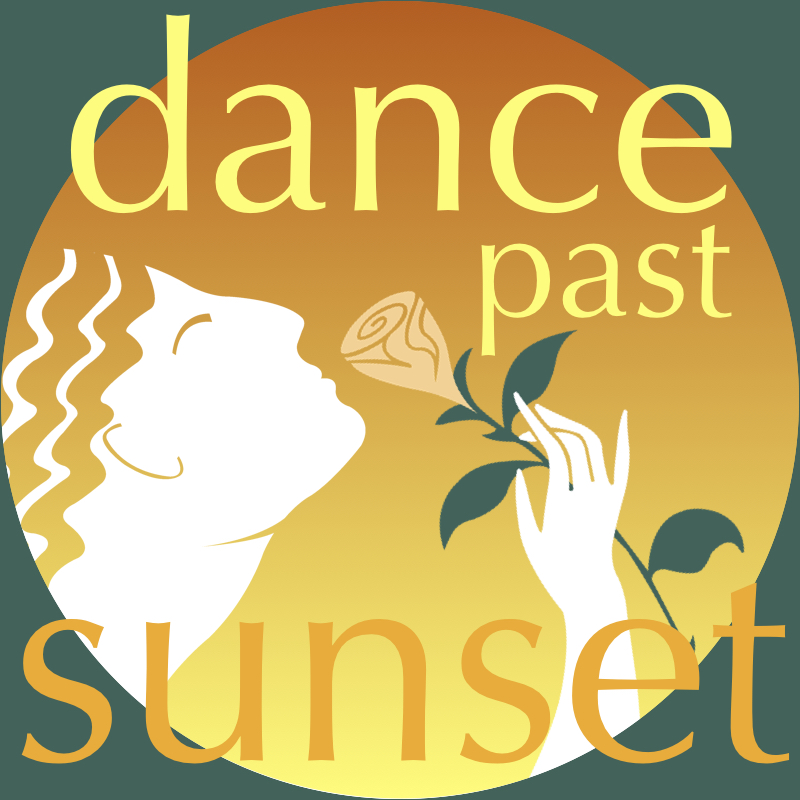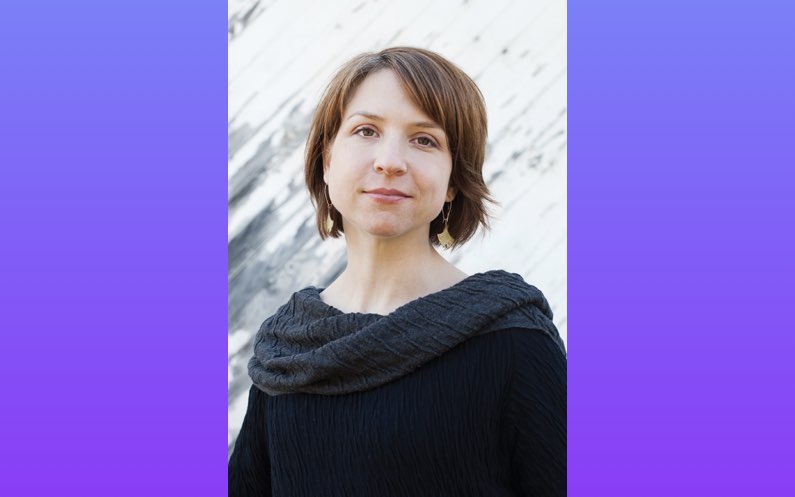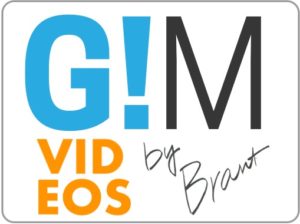Show Overview
Sex. Death. Art. Monkey brain transplants. You’ll hear about all that and more in my interview with Kate Sweeney, Public Radio journalist and author of the book “American Afterlife: Encounters in the Customs of Mourning.” From the crooked tombstones of an almost forgotten Victorian cemetery, to a ghostly white bicycle leaned against a telephone pole, Kate and I explore the eclectic nooks and crannies of the uniquely American way of expressing grief, and we find parallels with it and society’s hard fought and growing acceptance of LGBT PDA. The only place you’ll hear the word “brobdingnagian” used in polite company, please join me in my interview with author Kate Sweeney!
From the author of American Afterlife you will learn about:
- The HBO show Six Feet Under
- “California Dying,” an article in the August 2005 issue of the New Yorker Magazine by Tad Friend referring to Ramsey Creek Preserve
- The correlation between the mystery of faith, a lightness of being, and peace with death
- The fastest growing religion in America
- What the majority of Americans still believe about the afterlife from Pew Research
- How the great gathering in the heavenly afterlife affected modern views on death
- “Sinners in the Hands of an Angry God,” a sermon by British Colonial Christian theologian Jonathan Edwards, preached in New England in 1741
- Assurances of salvation and the effects of The Second Great Awakening, an Evangelical Protestant revival of the early 19th century
- How the baby boomers are changing views on death versus those of Generation Y
- How Caitlin Doughty inspires through The Order of the Good Death
- What is meant by “the good death” and “the beautiful death”
- The origin of the deathbed scene (Little Women, Love Story, Camille)
- How the horror of the US Civil War changed everything
- Not knowing how to behave with one who is grieving, and the crisis of etiquette
- Debbie Downer from Saturday Night Live, the fictional character whose negativity hilariously spoiled every occasion
- The controversy over roadside memorials
- Is keeping grief in the closet healthy or “proper”? How about sexuality? Is death replacing sex as the new social taboo?
- “Scattering Donny” from The Big Labowski
- The effect of germ theory: When death becomes rare
- “Stiff” by Mary Roach
- Your brain transplanted into a human clone
- Funeral director’s conflict of interest. Do we need to see the body to effectively mourn?
- Britain versus American ways of mourning
- The definition of the word “brobdingnagian”
- Neuroscientist David Eagleman’s definitions of the Three Deaths
- Ozymandias by Percy Bysshe Shelley
Dance Podcasts You Might Like
I Am a Racist
Travel is fatal to prejudice, bigotry, and narrow-mindedness, and many of our people need it sorely on these accounts. Broad, wholesome, charitable views of men and things cannot be acquired by vegetating in one little corner of the earth all one's lifetime.
Mark Twain
I often hear nowadays, people being accused.
“He’s a racist.”
“She’s a racist.”
“Trump’s a racist.”
“So and so’s a racist.”
What I have yet to hear is: “I am a racist.”
So let me be the first.
I am a racist.
Yes.
I see the ugly thing, creeping around my soul like a roach in the kitchen. I squash it, but sometime later, there it is again.
I know there is a nest somewhere, eggs hatching, a source deep within me, hidden away where it’s easy to deny. There is where I'll find the library of my false beliefs, the lies I tell myself over and over, so often they become grooves cut into my gray matter, like fissures in rock where the water runs down, cutting deeper and deeper, until fissures become swales, and swales become canyons.
When did the first racist raindrop fall? I don’t know. As a child, for sure. How many drops of poison does it take to pollute the vessel of pure water of which we are born? When, exactly, does a person become a racist, and who gets to decide?
I don’t know, but then, neither does anyone else.
I don’t believe in permanence. That’s one thing the Buddhists have taught me.
Everything changes.
We can become aware of that library of false beliefs, that nest of nasties that colors our perception of things, often for the worse. Awareness alone brings change. We can cut new grooves. My challenge as a human being is not to deny that I am a racist, for that would be as foolish as denying I have cancer when I really do. My challenge is, rather, to stop the cancer from metastasizing and poisoning the whole man.
I doubt I will ever fully eradicate my racism. Unfortunately, I suspect some vestige of it will always be with me. But what I can do, and what I do do, is expose myself to experiences that lessen my racism, those being travel, kind and honest conversation, and breaking bread with “the others” whenever I can. These experiences, like wind and rain, smooth rock and, over time, lay low even the highest mountains.
So when I hear the angry crowd shouting, "He’s a racist,” I want to ask:
“Who among you is not a racist? Stand up then and take a bow...for you are surely a god.”
I moved to Substack!
Hi there. If you've read this far, then you enjoy, or are at least intrigued by, my ideas. If you want to learn more, jump over to my new website on Substack, where I continue to write about travel, the second half of life, and other mad musings.


